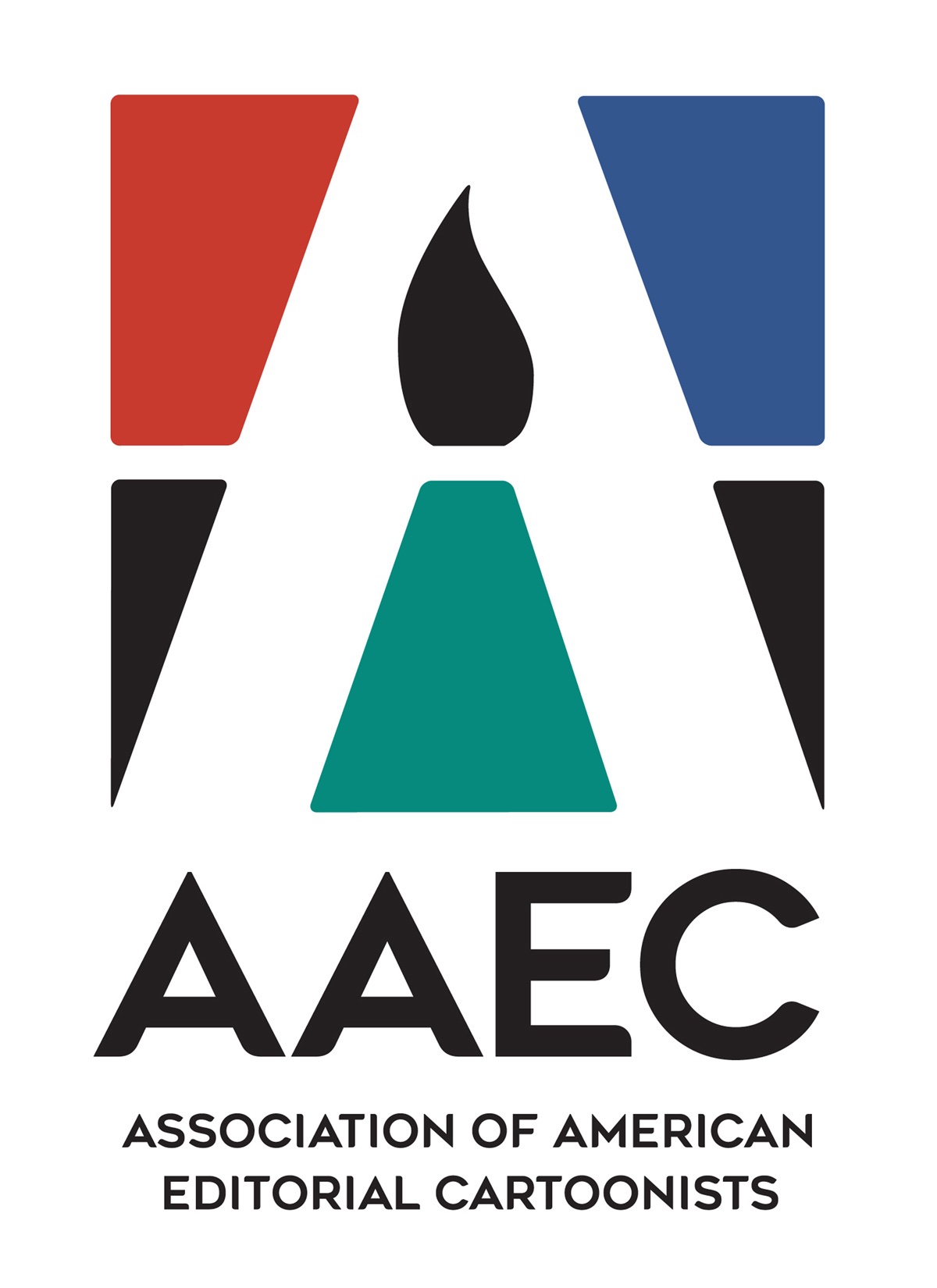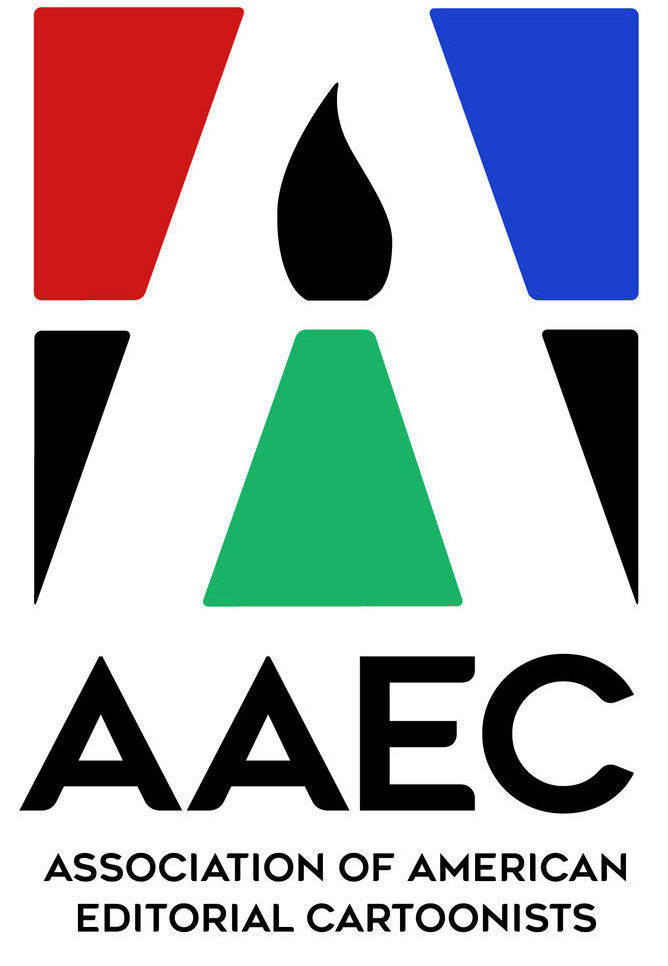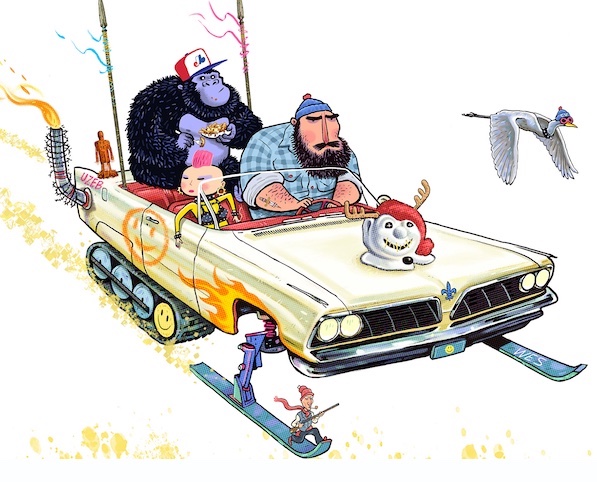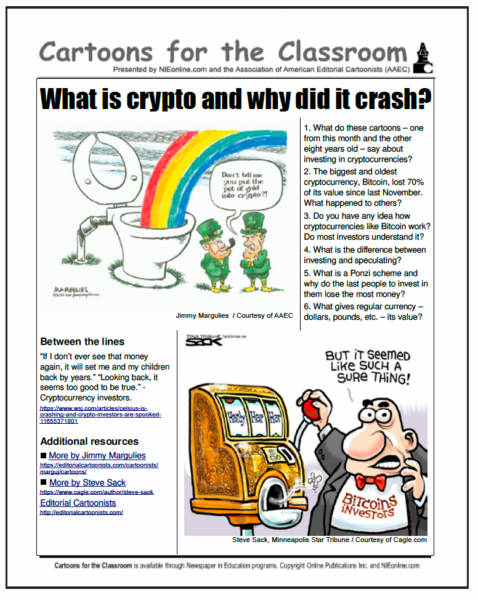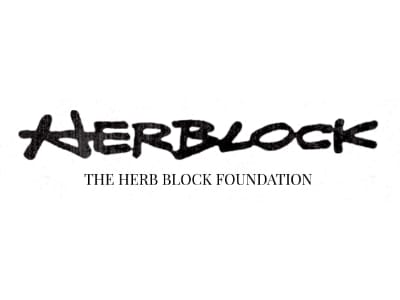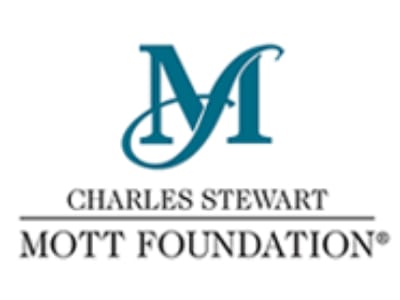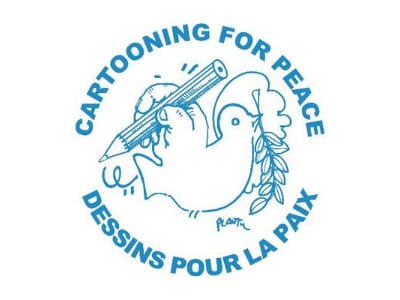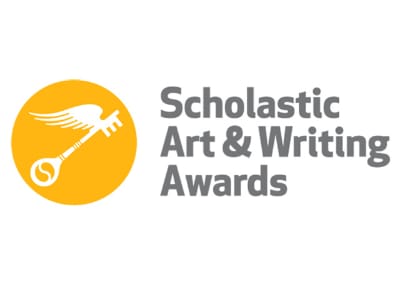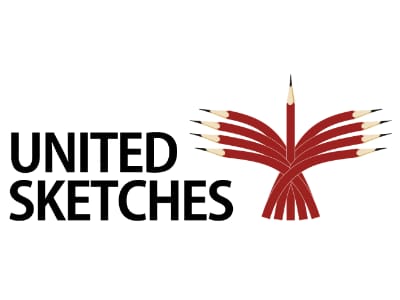Contact
Work Phone
5853509365
Cell Phone
Home Phone
Public Address
41 Charmwood Rd., Pittsford, NY 14534
General
First Name
Elaine
Last Name
Miller
Reprints
Reprint Contact First Name
Elaine
Reprint Contact Last Name
Miller
Physical address for reprint requests
None (Do not show a reprint address.)
Links
Publication Website 1
Private Info
Work Address
41 Charmwood Rd. Pittsford, NY 14534
Profile
Bio
Elaine Miller is an academic in love with political cartoons. She has written and spoken extensively on the subject. Sample publications include “Political Cartoons: Artful Commentary,” in Painting Mirrors: Artists as Social Observers and Critics (Rowman and Littlefield), “Engendering Hillary: Editorial Cartoon Frame-ups,” in Proceedings of the Fourth Berkeley Women and Language Conference (UC Press); and “Sarah Palin in the ’08 Campaign: Political Cartoon Portrayals,” in Reading & Studies on Race, Gender and Class Using the Sociological Imagination (Kendall Hunt). She has also produced three films on political cartooning: “Trailblazer: The Editorial Cartoons of Etta Hulme;” “Drawing Conclusions: Editorial Cartoonists Consider Hillary Rodham Clinton;” and “Running Mate: Gender and Politics in the Editorial Cartoons,” on portrayals of Geraldine Ferraro as Democratic vice-presidential candidate in the 1984 campaign. “Drawing Conclusions” and “Running Mate” are in distribution through First Run Icarus Films of NYC.
Elaine completed Master’s and PhD degrees in Spanish Language and Literature at Indiana University and UCLA. Her doctoral research produced the work Mexican Folk Narrative from the Los Angeles Area, a Memoir of the American Folklore Society, published by the Univ. of Texas Press. In her career at the State University of New York (SUNY) she chaired the Modern Languages and Cultures Department, directed a Peace Corps training program for Latin America, and directed the Women and Gender Studies Program. She currently does speaking engagements both locally and nationally on political cartoons as social critique. Retirement has also given her time to go after some of her biggest dreams: playing percussion with the Rochester Eastman School of Music’s international community outreach program called the New Horizons Band, and long distance bicycling. Her essay “Shifting Gears,” on a seven-week cross-country tour California to Florida appears in the collection “Outside of Ordinary: Women’s Travel Stories.”
Speaker Info
Availability
open
Length of Speech
adjustable according to group's preference
Speech Description
Content adjustable to group interest. Two sample descriptions:
(1) Let’s talk about political cartoons – how they work, who does them, what role they play in U.S. politics. Cartoonists mine the metaphors of our social landscape. At their best, the cartoons capture the essence of issues, present thought-provoking perspectives, and offer serious political and cultural commentary with punch and humor. The cartoons in general run the gamut – hard-hitting, poignant, hilarious, wickedly incisive. Cartoonists love to have a good subject to lampoon, and presidents are a common target. As one cartoonist quipped during a recent campaign, “Do I want to vote for the one who will be the best president? Or do I want to vote for the one who will make my life just fabulous for the next four years?”
(2) A look at political cartoons in the contemporary setting. We’ll focus on four dimensions of the art of political cartooning: cartoonists’ views on the nature of their work, the tools they use to communicate their messages, ways to measure the impact of political cartoons, and the critical issues being discussed at this time in the cartooning profession.
